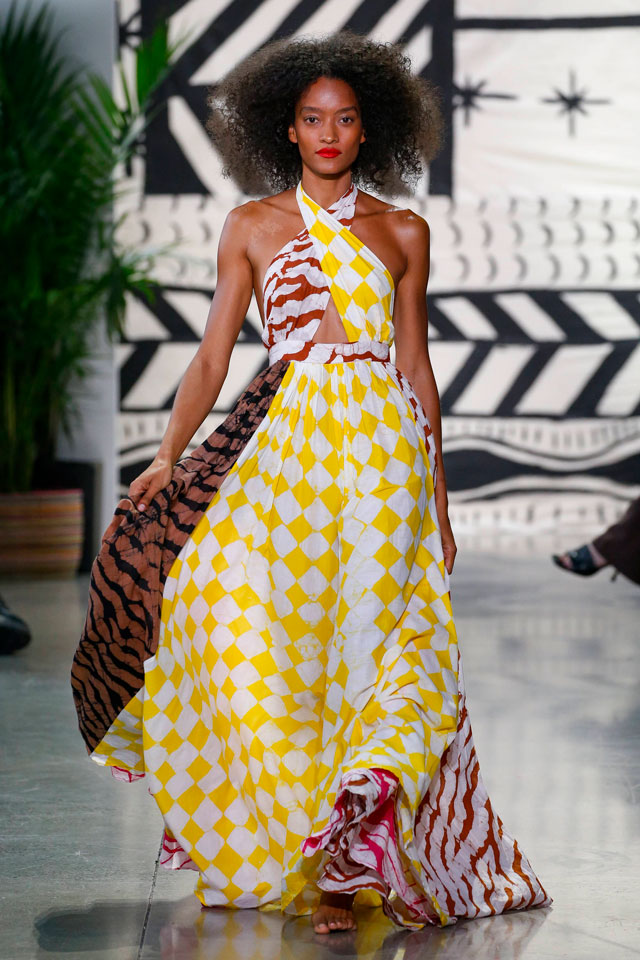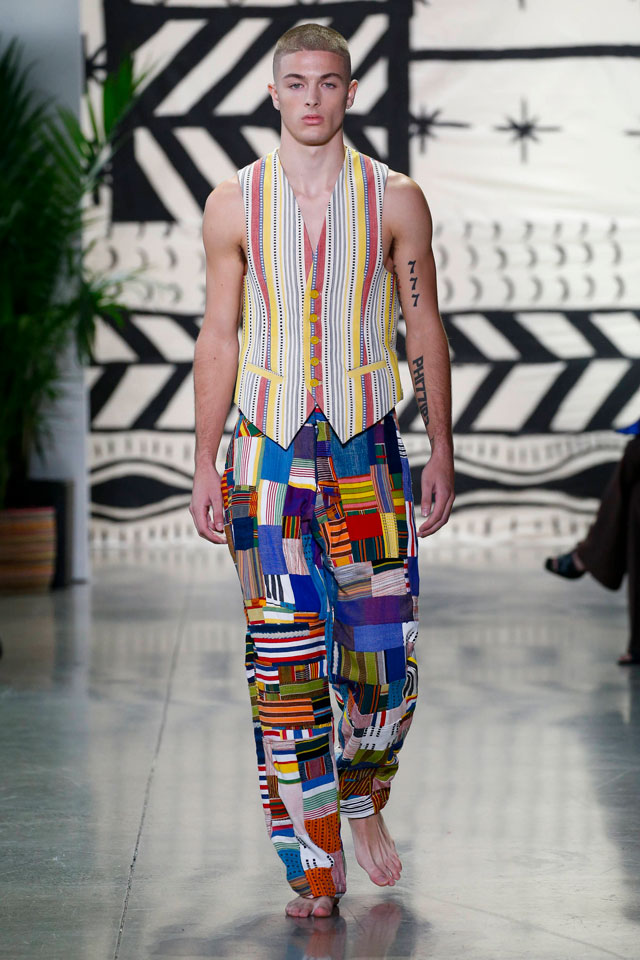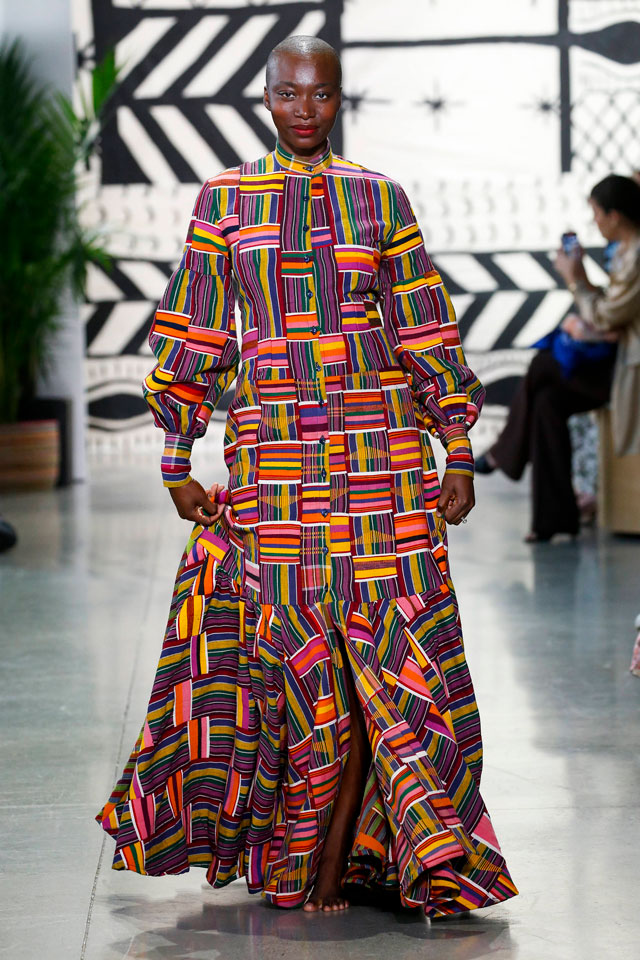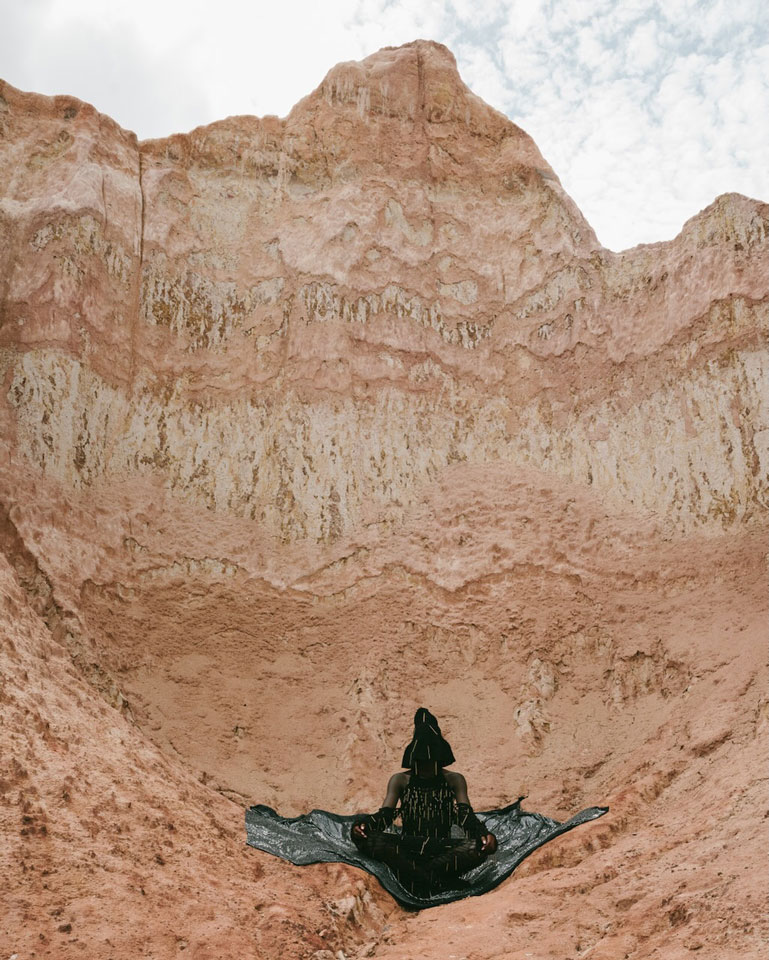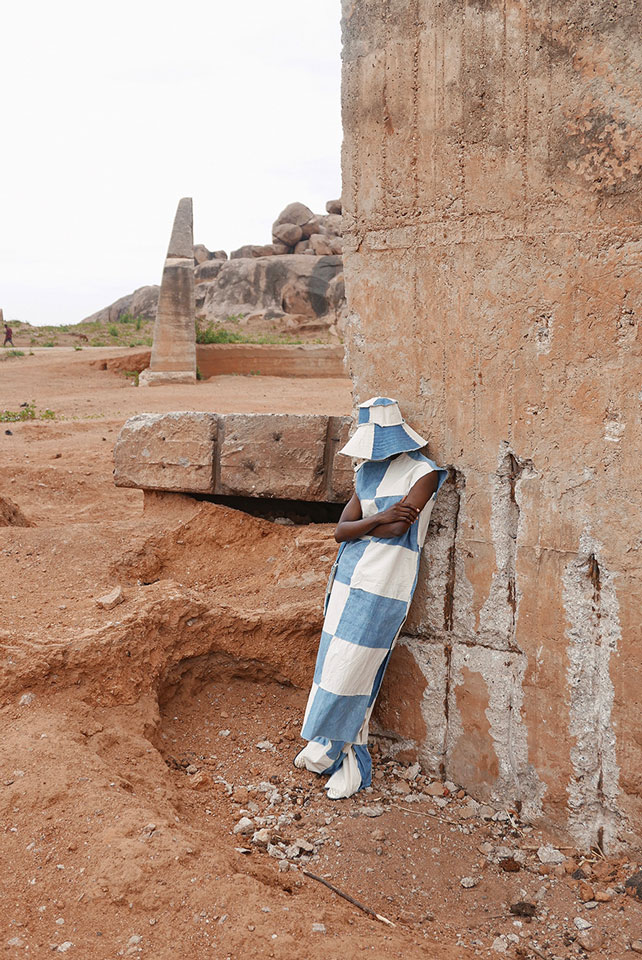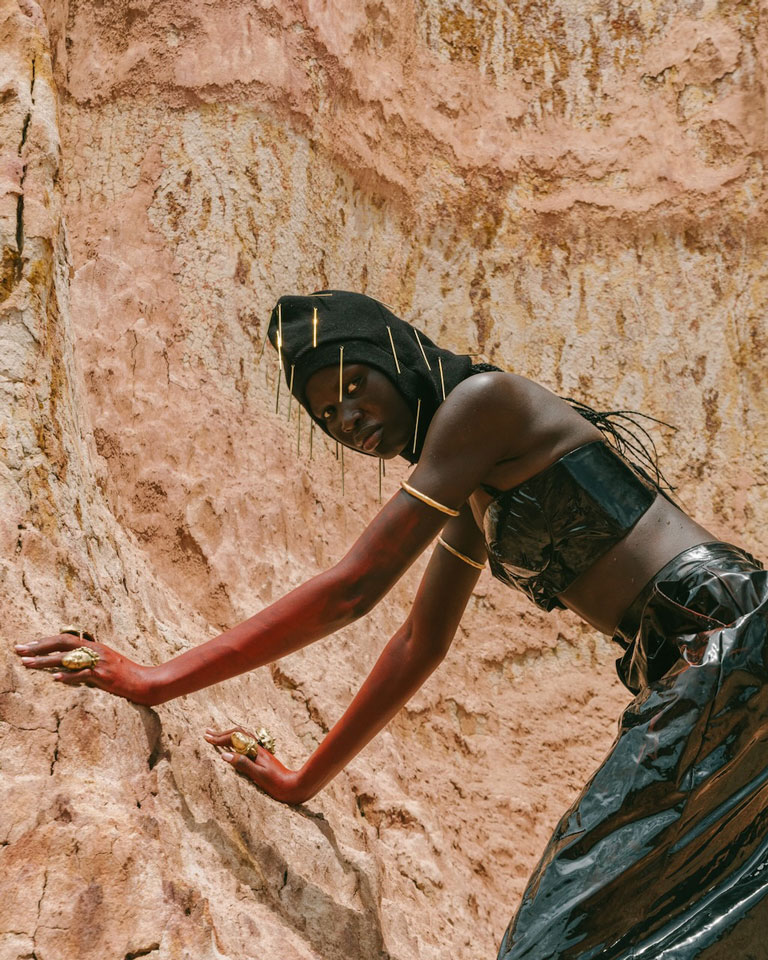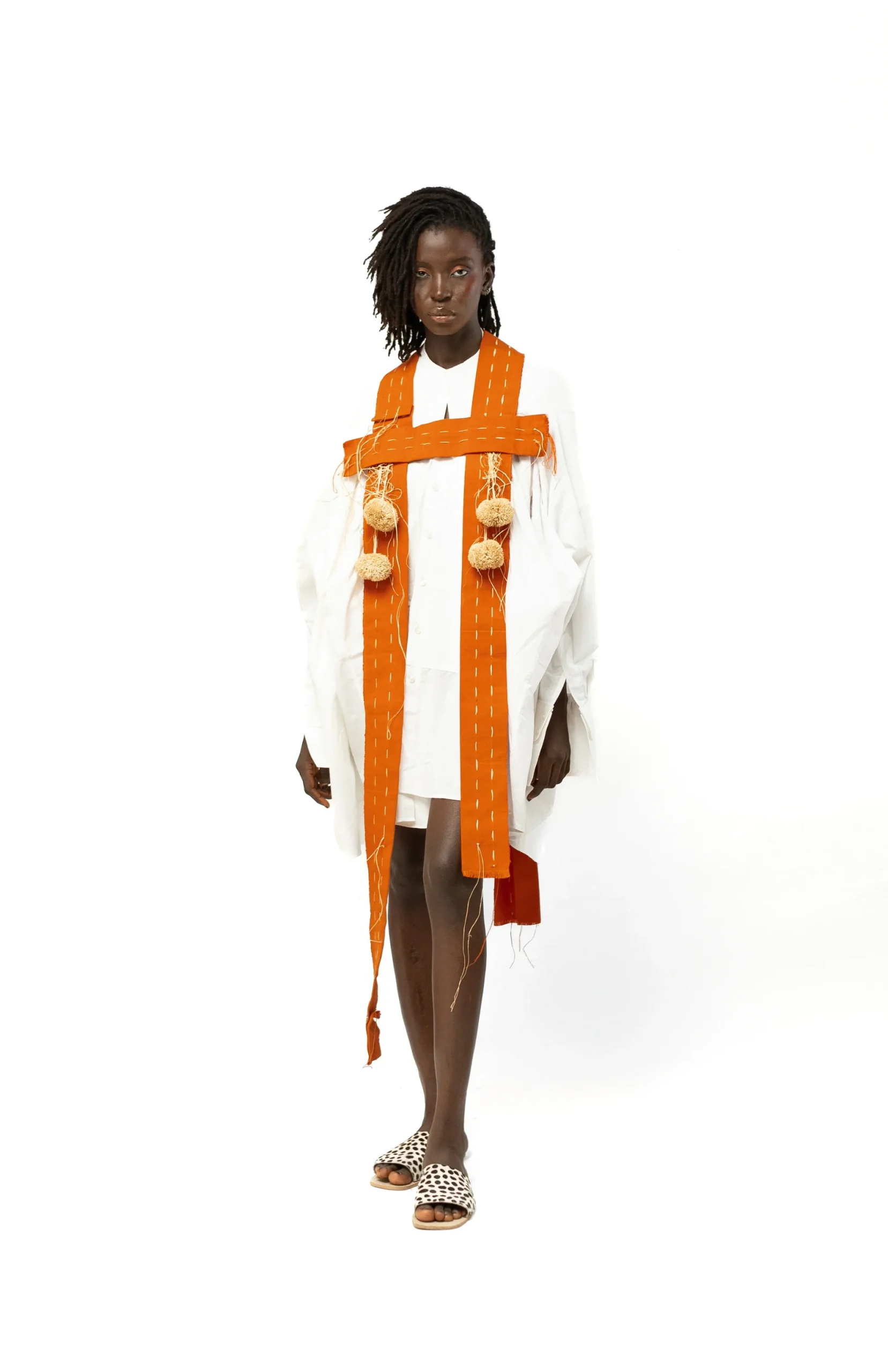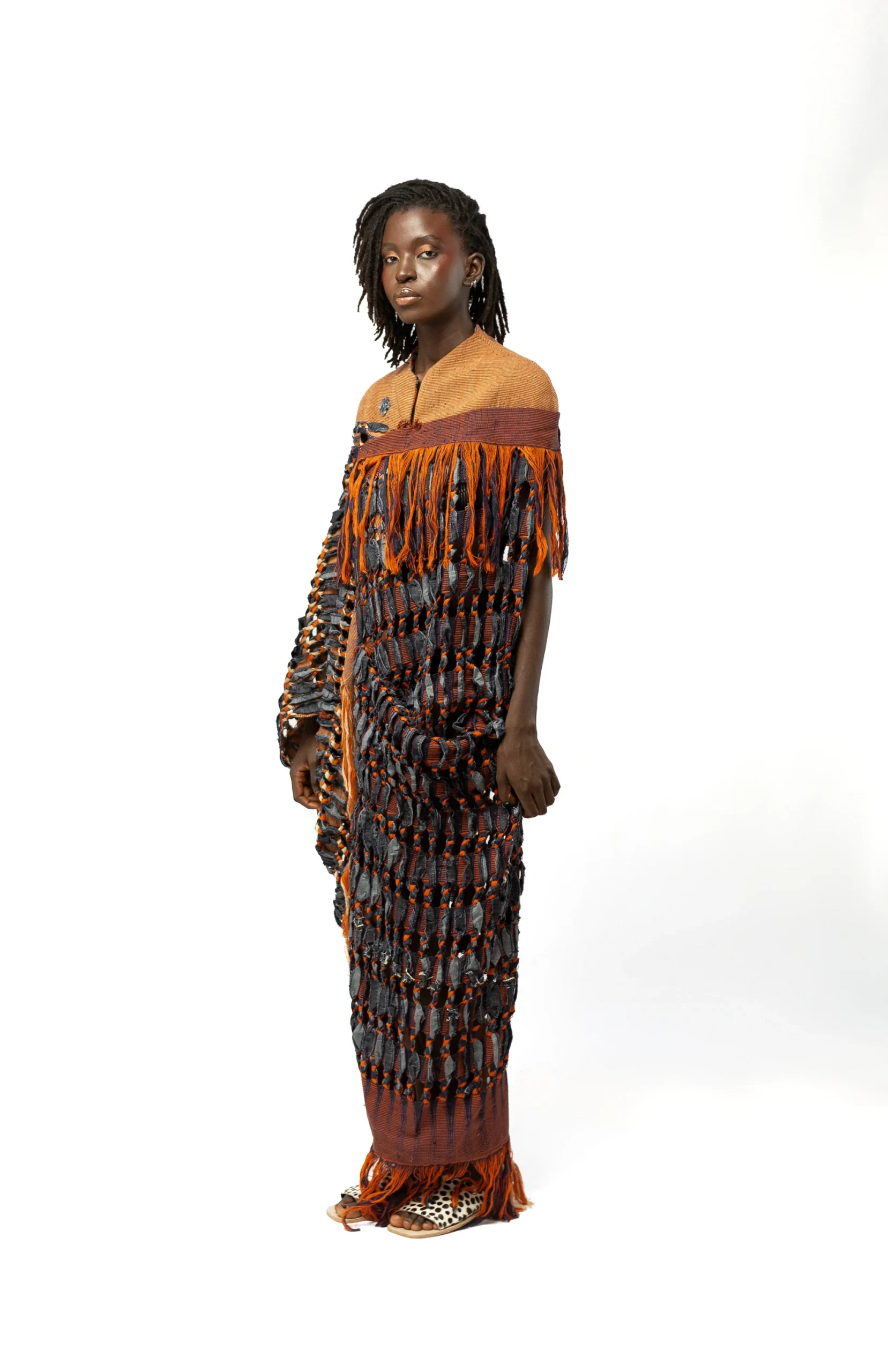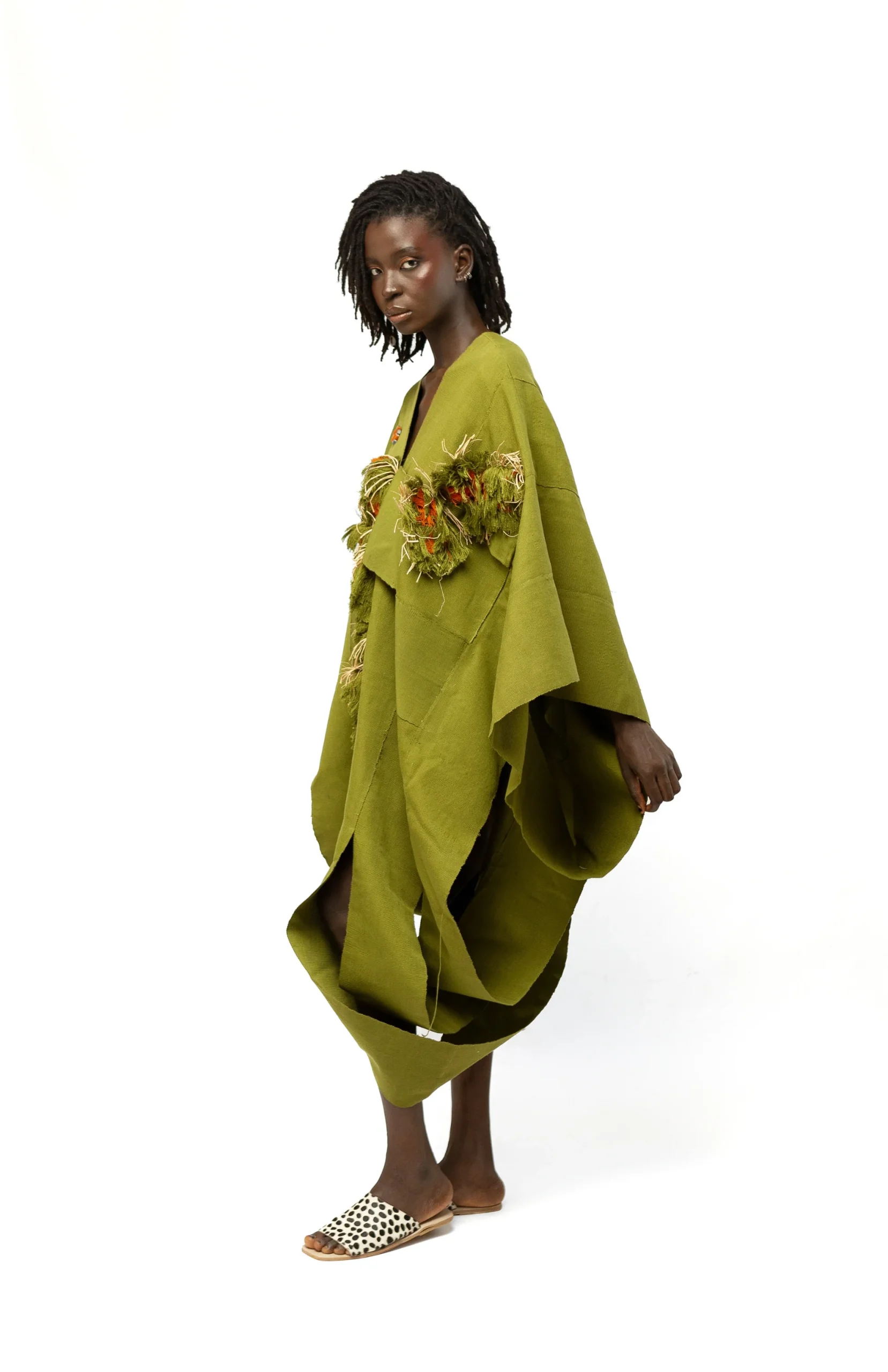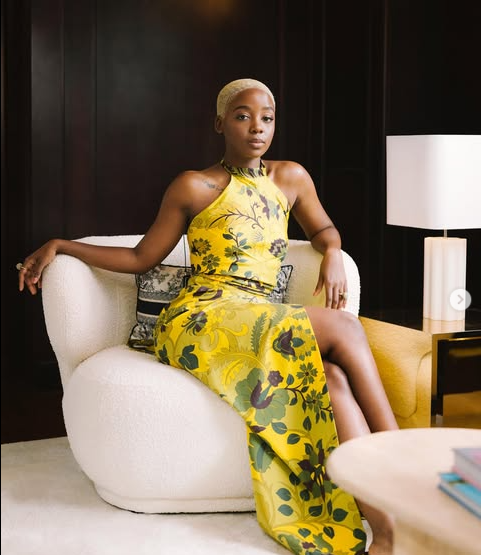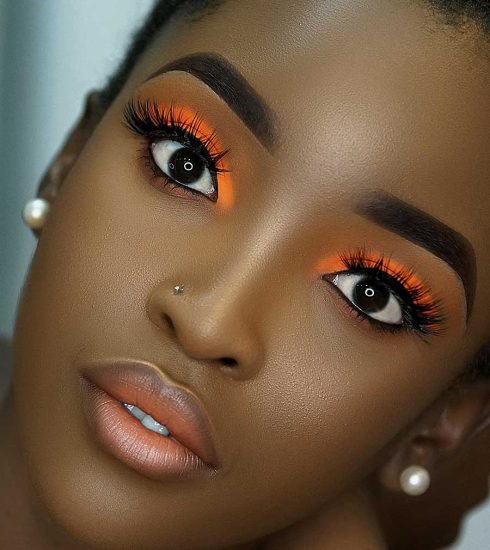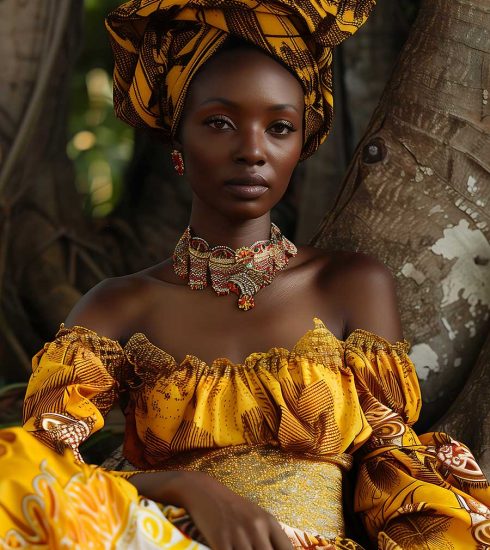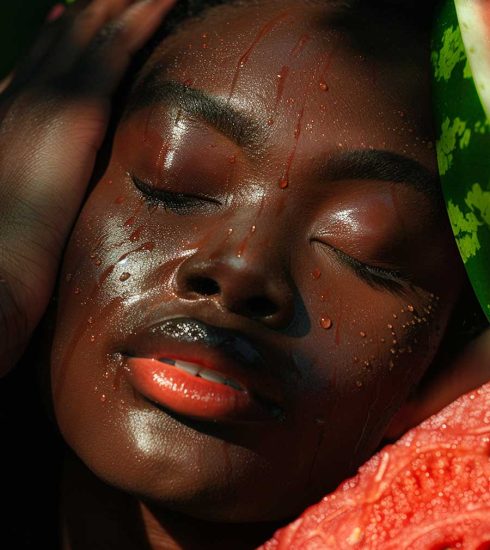The Rise of Sustainable African Fashion Brands You Need to Know
- Fesheni Africa
- August 1, 2025
As the world shifts toward sustainability and ethical practices, Africa’s fashion industry is carving out a niche that combines cultural heritage with environmental and social consciousness.
From eco-friendly production methods to community-focused initiatives, African fashion brands are leading the charge in showing that style can have a positive impact on the planet and its people. Here’s a closer look at some of the remarkable brands driving this movement.
(Ghana and the USA)
Kitenge, often associated with East Africa, and Ankara, embraced in West Africa, share similarities in their 100% cotton makeup and bold patterns. Their roots are intertwined with Dutch wax prints from colonial times, but over the years, they’ve been uniquely Africanized. These fabrics demand attention, used to create dramatic gowns, striking suits, and jaw-dropping outfits.

(South Africa)
Laduma Ngxokolo’s MaXhosa Africa is synonymous with African luxury. Known for its vibrant knitwear inspired by Xhosa beadwork and patterns, the brand uses locally sourced materials and sustainable manufacturing techniques. Beyond creating stunning garments, MaXhosa Africa focuses on uplifting local communities through job creation and skills development. Their work not only preserves traditional South African aesthetics but also ensures that the fashion industry benefits the people behind the designs.

SOKO Kenya is redefining ethical fashion by creating beautiful, high-quality garments while empowering marginalized communities. The brand works as both a production house and a social enterprise, employing local artisans and providing skills training to women and youth in rural Kenya. SOKO focuses on eco-friendly materials and waste reduction in their manufacturing processes. What’s more, they collaborate with international fashion houses, such as ASOS and Vivienne Westwood, proving that sustainable African craftsmanship has global appeal.
IAMISIGO (Nigeria)
IAMISIGO, led by Bubu Ogisi, blends contemporary design with sustainable practices. The brand works with artisans across Africa to create handwoven textiles using organic and biodegradable materials. Each collection tells a story, often highlighting environmental or social issues. For example, IAMISIGO’s focus on using natural dyes and recycled materials showcases their commitment to reducing the fashion industry’s carbon footprint. This Nigerian brand has earned international recognition for redefining African fashion on the global stage.
Oshadi Collective (Tanzania and India)
Oshadi Collective is bridging continents to create a sustainable fashion ecosystem. With its roots in Tanzania and India, the brand works with African farmers to produce organic cotton, supporting sustainable agriculture and providing fair wages. Their collections feature minimalist designs that celebrate natural beauty and simplicity. By promoting regenerative farming and local craftsmanship, Oshadi is proof that sustainability begins at the source.

(Nigeria)
Nkwo is a Nigerian brand dedicated to “waste not, want not.” Known for their “Dakala Cloth”—a unique fabric made from discarded textile waste—Nkwo blends innovation with sustainability. By upcycling fabric scraps and turning them into beautiful garments, the brand combats Africa’s growing textile waste problem. Nkwo also works with local artisans, ensuring that traditional weaving techniques are preserved while creating modern, wearable art.
Thuso Mbedu’s Impact with Fashion (South Africa)
While not a traditional brand, South African actress Thuso Mbedu has been a vocal advocate for sustainable African fashion, often wearing locally made, eco-friendly pieces at global events. She’s using her platform to spotlight designers who are making an impact and encouraging others to think about where their clothes come from.
The Bigger Picture
The rise of sustainable African fashion brands reflects a larger movement within the industry. These brands are showing that fashion can go beyond aesthetics to address pressing global challenges like climate change, waste management, and poverty. By focusing on local materials, ethical production, and community empowerment, they are preserving African heritage while pushing the boundaries of sustainable innovation.
Why It Matters
For consumers, supporting these brands is about more than buying clothes—it’s about making a difference. Every purchase helps preserve traditional craftsmanship, reduce environmental impact, and uplift local communities. By choosing African sustainable fashion, you’re not just looking good—you’re doing good.
As sustainability takes center stage, African fashion is proving that style and ethics can coexist. With brands like Studio 189, SOKO Kenya, and IAMISIGO leading the way, the continent is poised to shape the future of global fashion. So, next time you’re shopping, ask yourself: How can my style make a statement and a difference? These African brands are here to help you do both.




